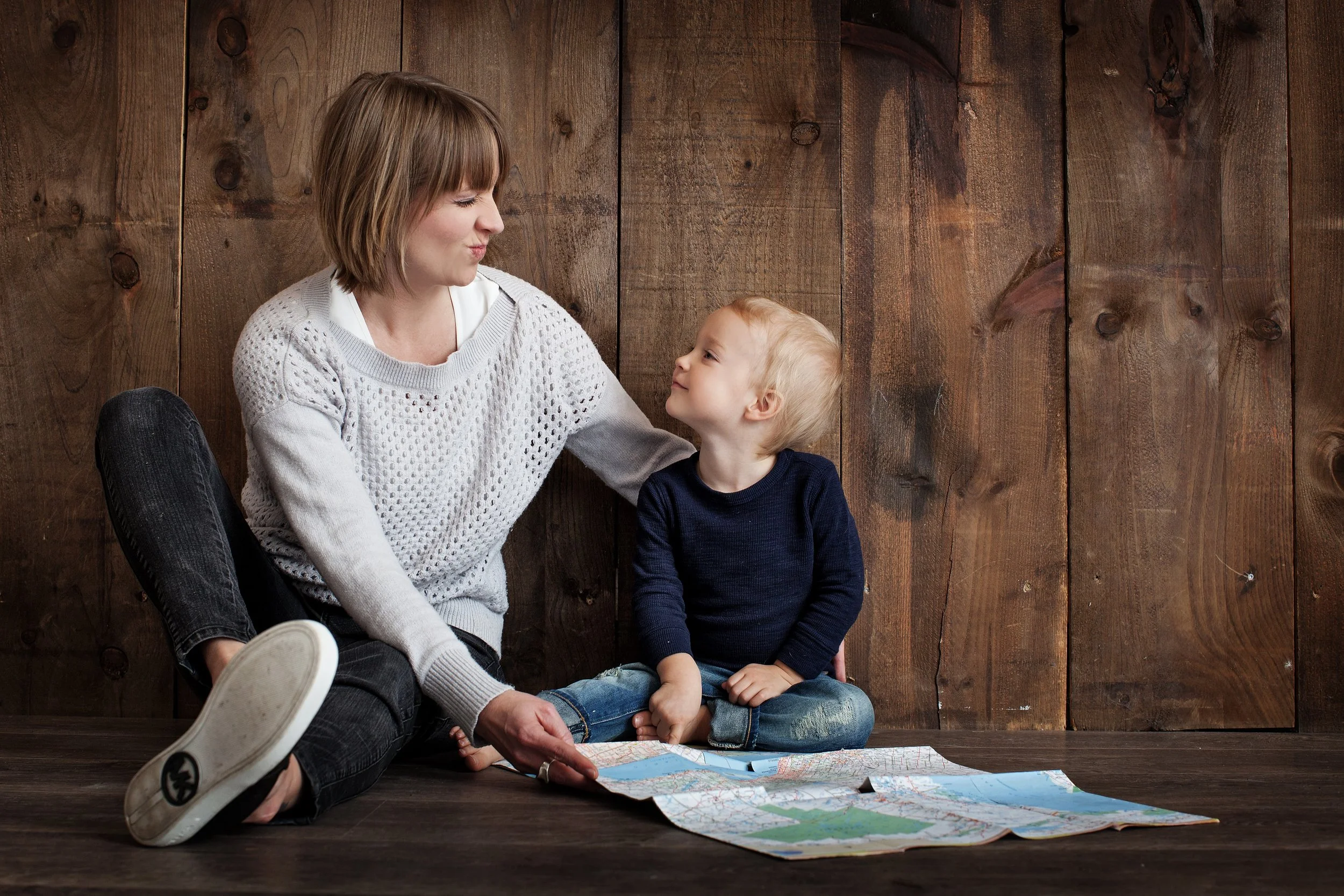The quieting response is a brief coping skill for use as an instant response to stressors. It combines elements of both mental and physical relaxation, and has the advantages of being very brief. It takes about six seconds, and so it can be used on the spot with minimal interruption to the flow of your activities.
How to Remain Calm During Parenting Challenges
Being able to calm ourselves in the throes of emotional intensity is one of the most valuable parenting skills to develop. The wild behaviour that can happen when our rage hijacks us can seriously damage the relationship with our children, grow negative core beliefs in their minds, and inadvertently teach our kids to react in the same manner when they, too, get taken over by big feelings. If you haven’t heard of the term ‘negative core beliefs’ before, stay tuned, because I’ll be writing about that in the future.
Suggested daily pattern for 3-6 month olds
6.30 am (ish) - Start the day with a feed (breast or bottle)
1¼ to 2 hours later - Be watching for tired signs, settle down for some quiet time
8.00–8.30 am (ish) - Sleep time (sleep time can vary from 1½ to 2 hours)
What's really going on when our children sleep?
Strategies for Behaviour Challenges in the Child aged 2-4 years: A positive response to strong emotions
Preliminary Checklist
- Check for any changes in daily program, environment, family, instigation of punishment/discipline regimes
- Assess child’s sense of connection to primary caregivers. Ie. any exaggerated imprinting behaviours evident; separation anxiety symptoms; tantrums/ sensory meltdowns; has time out been commenced?
Time-Outs, Time-Ins, Rewards Charts, Removing Toys... what works?
As most of us have taken smacking and other forms of corporal punishment out of the parenting tool box, time outs have become the go-to for parents struggling to manage unwanted behaviours.
Psychologist Dr. Vanessa Lapointe, author of parenting book, ‘Discipline without Damage’, argues the science of child neuro-development tells us interventions should “reinforce connection, not separation” between a child and a parent.
Does our Childhood Affect the Way We Parent?
Most parents look into the eyes of their newborn baby and see a clean slate. Yet attachment research tells us that the biggest predictor of how we will parent our child is how we’ve been able to make sense of our own past. So, whilst many of us don’t give much thought to our own childhood when we become parents, we should do so if we want to remain informed regarding our parental responses.
The Influence of Dads…
How can I help my anxious child?
Are you really seeing your child?
Cry…
There are people who don’t mind hearing babies cry. They ignore a baby in distress, won’t pick the baby up ‘so as not to spoil him’, think nothing of leaving babies crying alone for hours in a dark room. I know these people exist because I read articles about them all time. But seriously, who are they? In my 26 years as a mother, 12 years as a parent educator and 3 years blogging, I’ve never encountered a parent like this.
Is it Right to Train Babies to Sleep?
Healthcare professionals are often asked for help because of what parents perceive as a baby's sleeping problem. Many parents expect that the baby will be sleeping continuously through the night from a given age, often as early as six weeks old. The conflict between the parents' expectations and the baby's behaviour leads the parents to seek help.
Could Your Infant's Diet Be Keeping Them Awake?
Parent-Infant Attachment
Newborns have changed very little in evolutionary terms since we emerged as a separate species when we became upright. As our pelvic shape altered to allow us to stand on two feet, and our brains grew larger from using our hands more, babies needed to be born much earlier to be able to fit through this new shaped pelvis with their now large head. This meant that our babies are born very prematurely: probably about nine months prematurely.
10 Ways to Connect with your Child
Being deeply connected to our children is the key to emotional health, cooperation, influence, and peaceful homes, but staying connected in the hustle and bustle of daily life can be challenging. We have to be intentional about our relationships with them now if we want these relationships to flourish for years to come. Here are 10 ways to connect with your child.
Prematurity - stats and facts
Try for Patience & Calm… It’s Actually Not About You
How to Commit to Anger Management in Parenting
“I try so hard to change, but every time I vow never to get angry again, I just end up giving up, falling back into the same habits, and then I give up, feeling like a complete failure. ”We get angry. We feel guilty. We apologise. We hate ourselves or beat ourselves up. We vow to be calm next time. We don’t… repeat. But it’s not like you haven’t tried, right? You really have. You have probably researched anger management suggestions – take a deep breath, walk away when angry, take more time out.
Is the 'No Smacking Rule' Really Making Our Kids into Monsters?
A concerned father asks: As I reflect on my childhood and growing up, I wonder if we are creating parents who are too soft? What I mean by this is when I was younger and I did something wrong I would get a whack across the bottom with a wooden spoon – granted, this was a last resort and there were warnings before this, however I know that I learnt my lesson and wouldn’t be repeating that behaviour anytime soon.























